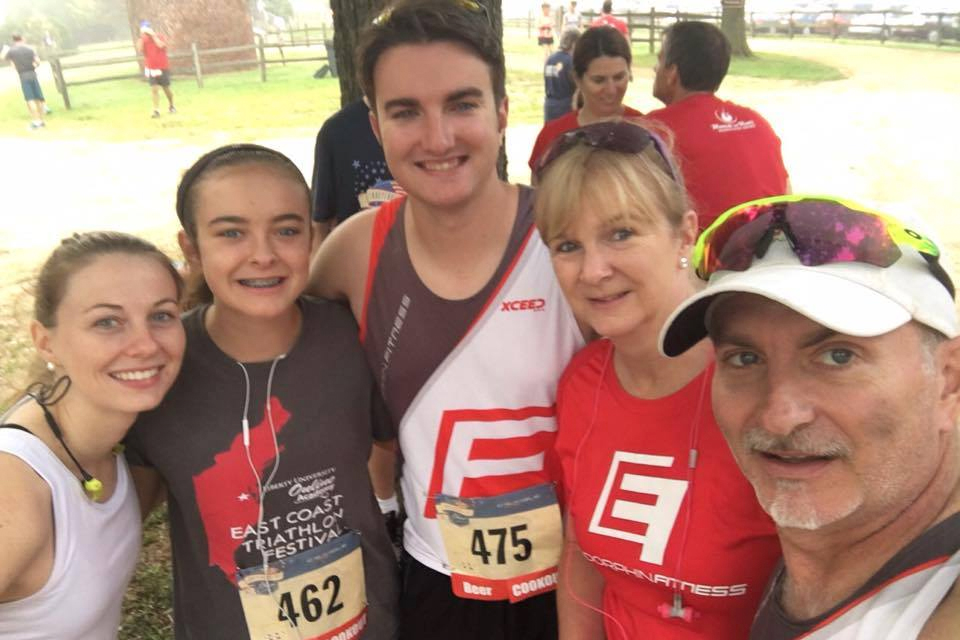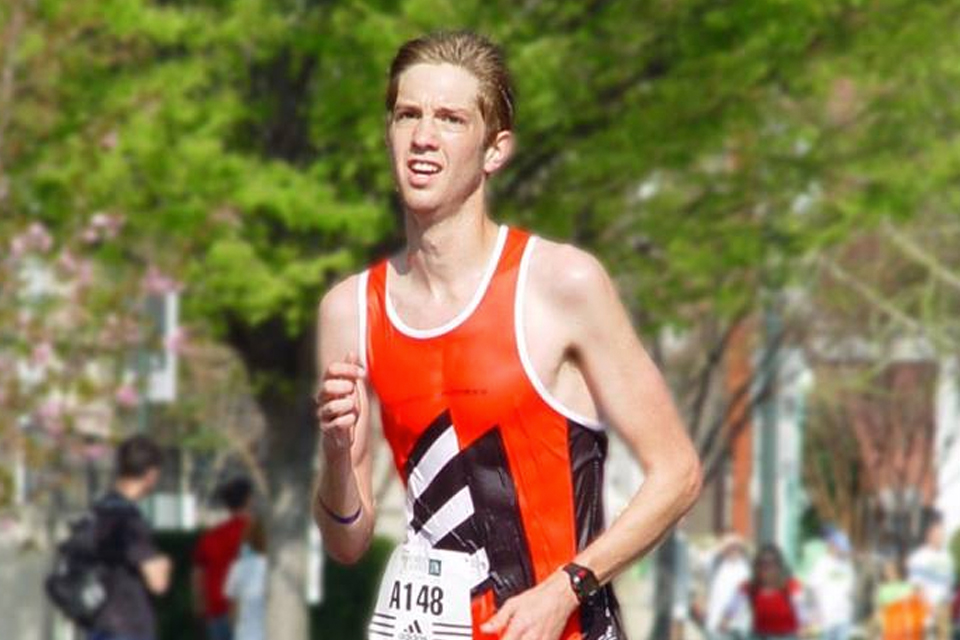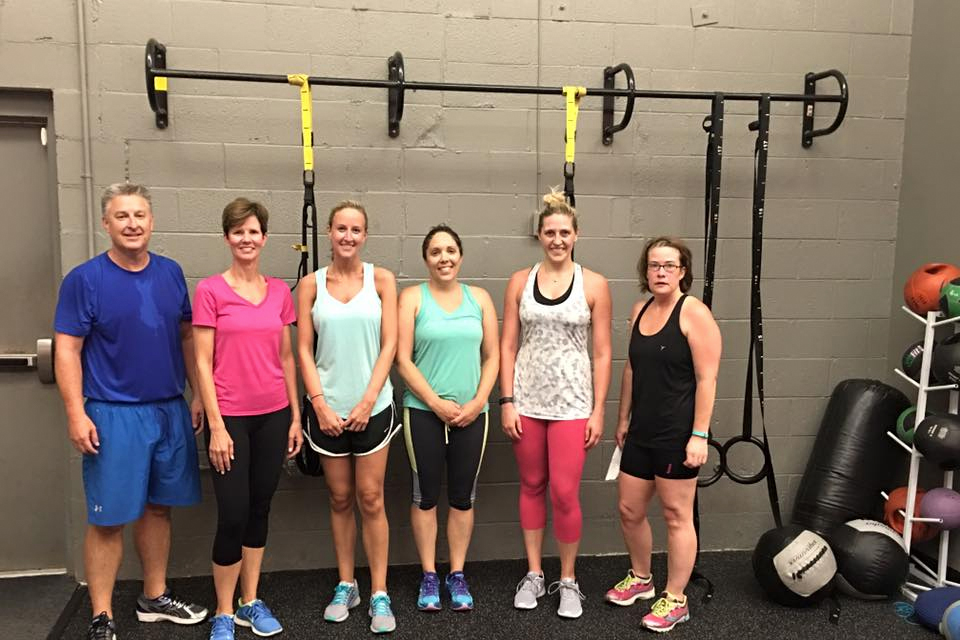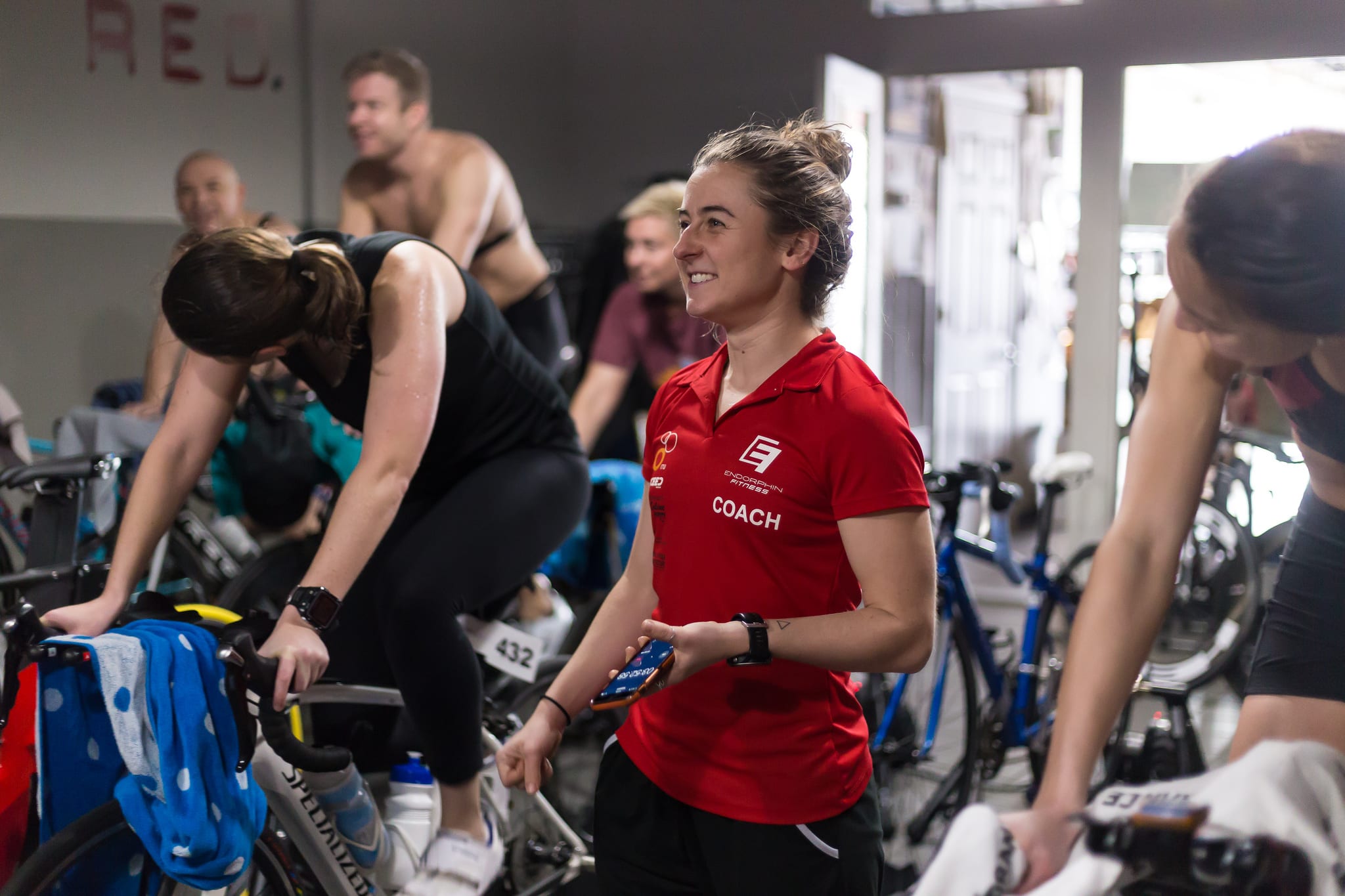

Despite the best paid plans, sometimes as athletes we experience injury. When this happens, it is critical that athletes have a coach to guide them through this process. Unfortunately, this is when most athlete tell their coach to sit tight.
Successful athletes will often say that a period of injury was critical to their ultimate success. It allowed a time to re-focus mentally, correct imbalances and form issues, and re-think the way they train to prevent injury in the future. Why then do we not want our coach to guide this critical period? Here are two reasons why you want to avoid this mistake:
- You need support. Injuries are usually the hardest periods mentally on an athlete. Lack of confidence in the future and concerns over loss of fitness general health plague these periods. During this time, you need someone to keep you grounded and focused on truths. You need someone who has guided many athletes in the past through periods of injury to successful outcomes. You need your partner in your athletic journey.
- You need expertise. The truth is that most endurance athletes, especially triathletes, can keep training in some capacity during injury (though there are certainly some exceptions to this). Maybe you cannot run but you can swim, bike, and water run, and you don’t want to do these in the same capacity that you did before. You want to utilize what you can do to minimize the impact of what you can’t. When it is time for you to re-introduce the modality you could not do, you need a coach to make sure you don’t progress too quickly and get re-injured. You need expertise to do injuries well.
I have coached many athletes through injury to only have them come out of it a stronger athlete, both mentally and physically. If done correctly, this can be the case for you, but you need expertise to make this possible. Coaching is a long-term relationship, and it is hard as a coach to be sidelined during the most pivotal moment of the game.
Michael Harlow
Head Coach & Founder,
Endorphin Fitness





